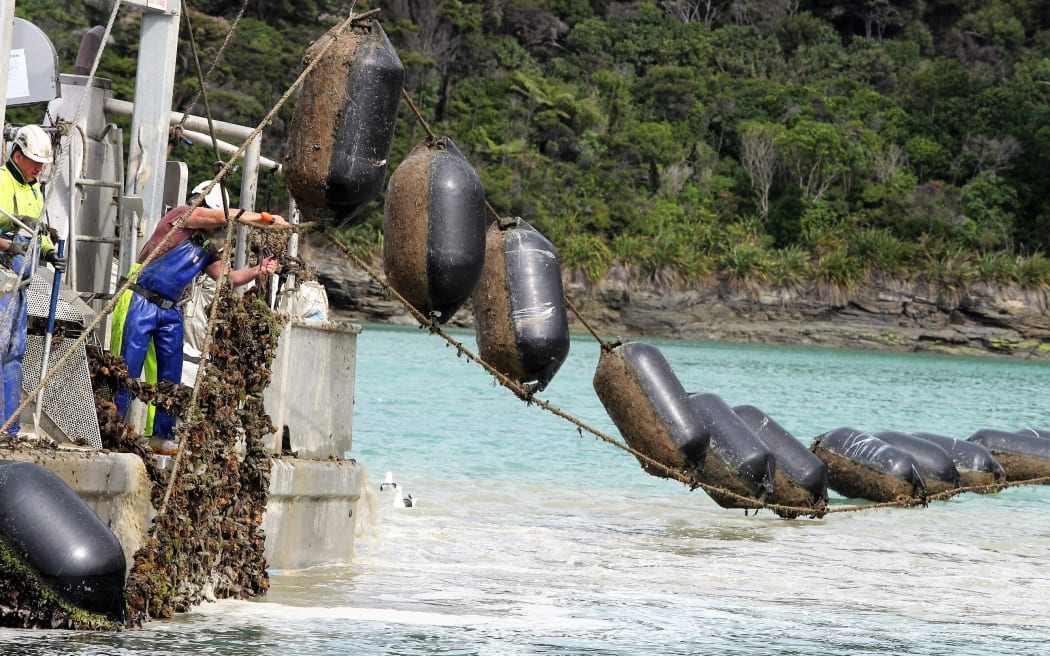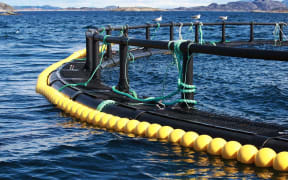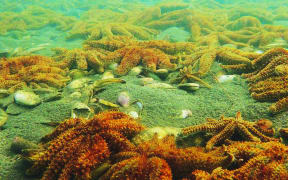
The government is proposing extending the duration of all existing marine farm resource consents by 25 years - removing the need for new ones. Photo: Supplied /Cawthron Institute
A proposal to automatically extend marine farm resource consents by another 25 years is bad for both the environment and New Zealand's international reputation, an environmental group says.
Consents for about 300 of the country's 1200 marine farms are set to expire at the end of the year.
The government is proposing extending the duration of all existing consents by 25 years - removing the need for new ones.
At present, coastal permits for aquaculture activities must have a duration of between 20 and 35 years, unless stated otherwise.
The proposal for the extension - which was part of the coalition agreement between National and New Zealand First - went out to stakeholders for consultation last week, including iwi, regional councils, industry and environmental groups.
Environmental Defence Society chief executive Gary Taylor said if the plan went ahead, it would have significant ramifications, as it did not recognise that some marine farms needed their conditions reviewed over time.
"The reason it's a silly idea is because with climate change, a lot of the locations for existing marine farms are getting warmer or changing in some material respects, and won't be suitable over that big, long time frame to continue there," Taylor said.
"And so, we say that this is bad for the environment. It's actually bad for our trading reputation as well, because we have free trade agreements by which we've agreed not to go backwards on environmental standards."
New Zealand King Salmon, the country's biggest salmon-farming company, lost tens of millions of dollars in revenue due to high fish mortality rates at Marlborough Sounds in 2022, due to warmer sea temperatures.
Taylor labelled the proposal to automatically renew expired consents as "dumb", "preposterous" and said it had not had substantive community input or assessment of environmental effects.
"We just need a more nuanced approach to this that can still be quick and efficient but not overriding social and environmental considerations."
Ministry for Primary Industries director of primary sector policy Alastair Cameron said the proposal aimed to support the growth of aquaculture.
Cameron said longer durations for consents would provide greater certainty and confidence for the industry to invest.
Submissions close on Monday.
Aquaculture exports earned $528 million in 2023 and are forecast to continue to rise to $610 million this year.
That is a slice of the $2 billion of total seafood exports in 2023.
In 2020, the Labour government developed national environmental standards for marine aquaculture to remove complexities in the consenting process and standardise rules.






